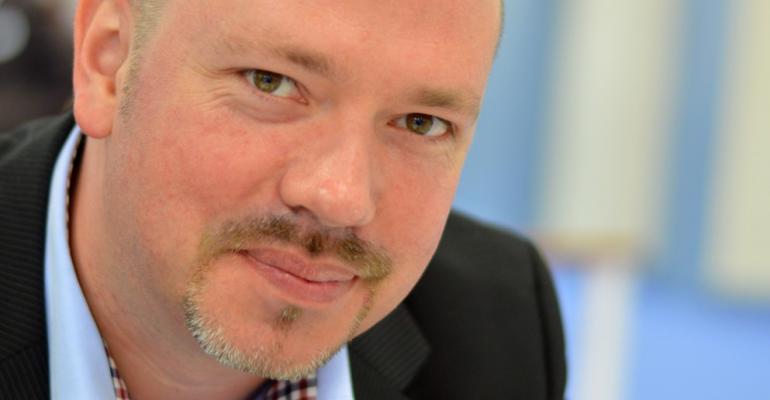‘This will be a top priority as cruise ships will need to evolve to meet regulations and, most importantly, guest expectations that not only inspire guest confidence during their stay, but also address staff safety,’ remarked Ingo Soerensen, Area Vice President, Oracle Global Cruise Operations, Oracle Hospitality.
‘Technology solutions that deliver benefits such as minimizing crowds, long waits, and unnecessary contact will no longer be a luxury; they’ll be an integral part of an IT system that’ll be needed to improve onboard operations and optimize fleet performance to create unrivaled guest experiences,’ he added in an interview with Seatrade.
Oracle points to three areas ship operators can focus on now to help recovery efforts to be ready to successfully set sail again.
Upgrading systems
‘There is no time like the present to consider updating or upgrading your systems,’ said Soerensen.
He believes now is ‘a perfect time to assess all of your systems to ensure that their up-to-date and performing at an optimal level. Now is also a great time to upgrade your systems. Keeping pace with system updates will suffice for modern systems, however, some cruise operators may be better served by fully upgrading their legacy systems.
‘Upgrading to a new Shipboard Property Management (SPMS) can give operators access to a variety of modules that sit within it to elevate on-board operations in numerous ways.’
Mobile check-In, for example, untethers crew from the service desk, freeing them to cater to guests in a more personalized fashion in less-crowded areas, the Oracle executive noted.
‘They can look up guests by name, confirmation number and/or stateroom; verify and update profile data; assign a guardian for minors; view payment information and set routing instructions and accept contract terms and conditions. ‘
Analyze past guest data
Even if ships are berthed, they may be sitting on valuable information that can be used during these uncertain times for future planning and re-strategizing highlighted Soerensen.
‘Utilizing customer relationship management (CRM) data can be key to cultivating and maintaining guests and brand loyalty. Now is not the time to go dark and risk being forgotten.’
Tips include reaching out to past and potential guests with personalized notes, a video message from the CEO and polls and surveys to find out how guests would like to sail when things open up again, he suggested.
‘Data can also be analyzed to identify trips that were cancelled so those guests can be contacted with exclusive offers and promotions to increase future reservations.
Delivering personalization can set your brand apart during these unprecedented times and is a great way to win guests over now, even while ships are in lay-up, he stated.
A new luxury in hospitality
And once cruising resumes, guest expectations will not be what they once were, Soerensen reminded. ‘Guests will be more focused on health and safety than in the past, making it the new luxury in hospitality.’
It is for this reason that contactless or low touch solutions will be a priority within the hospitality industry and will play a larger role than ever before.
Technologies such as mobile keys, wearables, cashless payments, chatbots, and kiosks are going to be critical and can be a major deciding factor on who to sail with, so listening and acting at this time is crucial, Soerensen said.
Copyright © 2024. All rights reserved. Seatrade, a trading name of Informa Markets (UK) Limited.
Add Seatrade Cruise News to your Google News feed.  |

